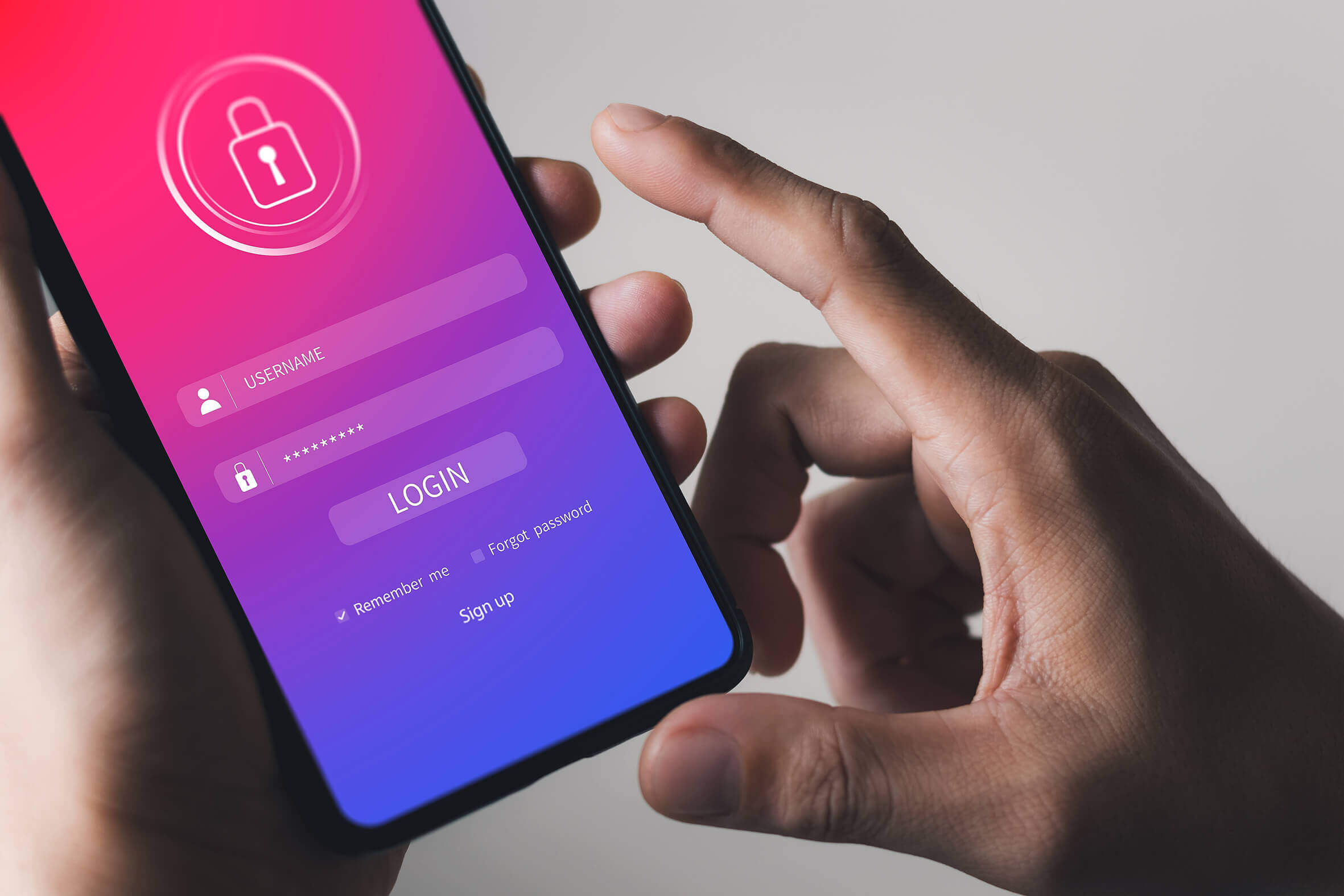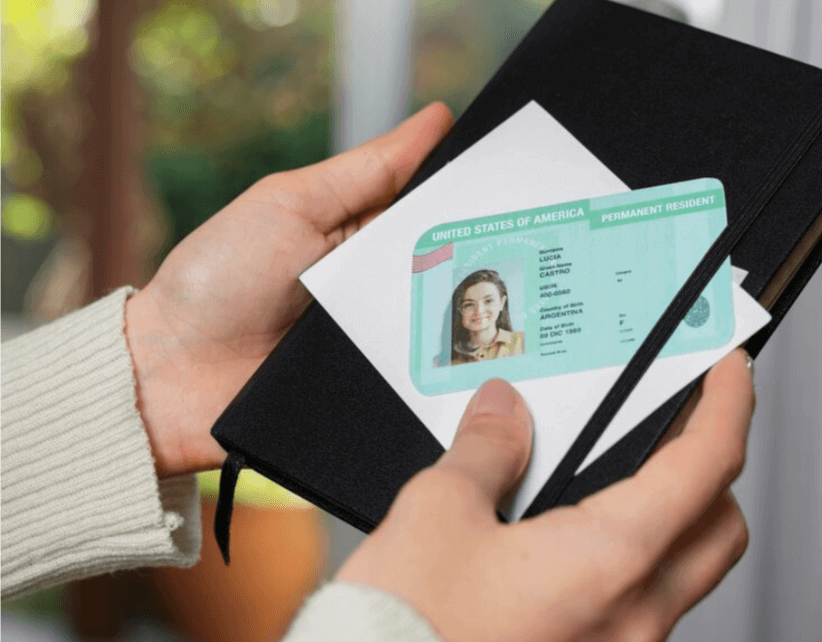Tips to avoid scams
Scams are everywhere – Know how to avoid them
Staying safe both online and offline comes down to awareness, skepticism, and knowing how to verify information. These practical tips are based on advice from the National Cyber Security Centre, Consumer NZ, and the NZ Police, and reflect common scams reported across New Zealand.
Be suspicious of unexpected contact

If you receive an unexpected email, text, call or social media message asking for money, passwords, or personal information, pause and think.
Scammers often impersonate trusted organisations and companies (e.g. IRD, NZ Post, BNZ, Spark) using urgency to pressure you (e.g. “missed payment” or “account locked”).
What to do:
- Don’t click on suspicious links.
- Visit the official website directly or call the organisation using their verified 0800 number.
Check the sender's email address or text number
Legitimate companies use official domains like @ird.govt.nz or bnz.co.nz. Scammers often use Gmail accounts or misspelled domains like @bnz-support.comz.
Tip: To check if the sender is genuine, hover over the link before clicking to see the real destination.
Use strong, unique passwords

Reusing passwords makes it easier for scammers to access multiple accounts.
Best practice:
- Use different passwords for each site.
- Use your phone’s password manager to generate and store secure passwords.
- Enable two-factor authentication (2FA) wherever possible.
Verify payment requests or investment offers
Always double-check bank account numbers and invoices. Especially if received via email.
Tips:
- Use bank apps that verify account names.
- Avoid direct bank transfers on Trade Me or Facebook Marketplace unless you’re 100% sure.
- Use trusted platforms like PayPal.
- Check the FMA’s scam warning list: https://www.fma.govt.nz/scams/
Keep devices updated and protected
Scammers exploit outdated software.
Protect yourself:
- Keep your operating system, browser and apps updated.
- Install reputable antivirus software to detect phishing and malware.
Watch out for fake websites or job offers

Scammers create fake e-commerce sites, and job ads (e.g. on LinkedIn).
Spot the signs:
- Poor grammar, no contact info, no business address.
- Urgent deadlines or ‘limited time offers.’
- Requests for upfront payments or job placement fees.
Check reviews on Google or Trustpilot and look for a NZBN (NZ Business Number).
Top tip: To check if a website is secure when you purchase a product online, look for a padlock symbol next to the URL in your browser. It means that the connection is encrypted so that the details you are providing cannot be copied.
Be cautious with online dating
Romance scams are emotionally manipulative and often involve requests for money.
Red flags:
- Claims of working overseas or in the military.
- Asking for financial help.
- Refusal to meet in person.
Trust your instincts. If it feels off, it probably is!
A real life scam example

Attempted identity theft to obtain a car loan. *Names changed.
Jill* and her husband were excited to sell their car privately when a potential buyer named Tom* quickly responded. After a test drive, Tom expressed interest in purchasing the car. He claimed he needed certain details, such as Jill’s driver’s licence and bank account information, so his loan provider could process the payment to her directly.
Trusting Tom, Jill provided the requested documents. Unbeknown to her, Tom used this information to submit multiple fraudulent loan applications in her name. He even falsified pay slips using employment details he found on Jill’s LinkedIn profile.
Fortunately, the loan provider’s digital ID verification system flagged inconsistencies. Anomalies were also identified in the bank statements provided and five applications were identified as fraudulent and declined. Despite this, Jill faced the hassle and cost of replacing her driver’s licence, closing her bank accounts, and opening new ones.
Jill says the experience left her feeling embarrassed and wary. She’s grateful the scam was intercepted and urges others to be extremely cautious when asked to share personal information.
Report anything suspicious

If you’ve been targeted or scammed, report it, don’t be embarrassed. It helps protect others.
Where to report:
- National Cyber Security Centre for cybersecurity incidents: https://www.ncsc.govt.nz
- Netsafe for online harm: https://netsafe.org.nz
- Scamwatch NZ for general scams: https://www.consumerprotection.govt.nz/general-help/scamwatch
- Your bank for suspicious transactions
- NZ police: For serious incidents or large financial losses
Pause. Think. Verify
Scammers rely on urgency and emotion. If something feels off, take a breath. Don’t rush. Ask someone you trust or verify via the official channels mentioned above.
